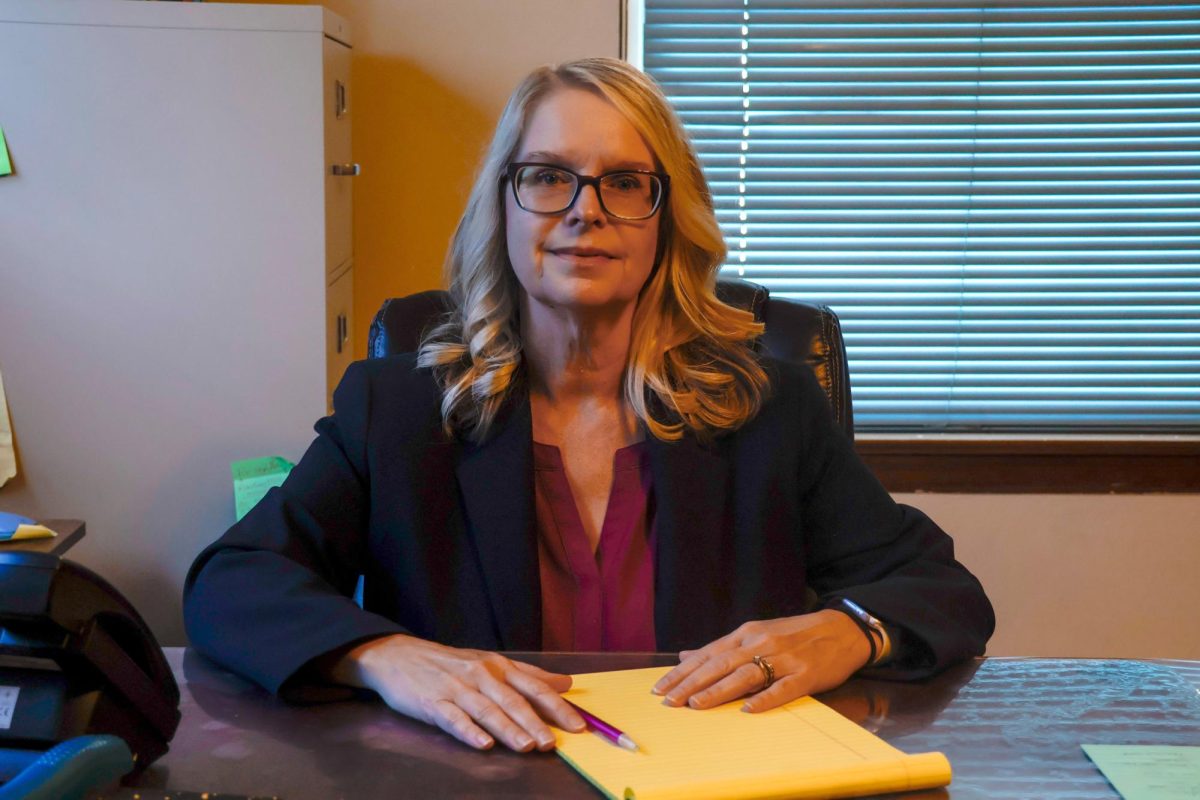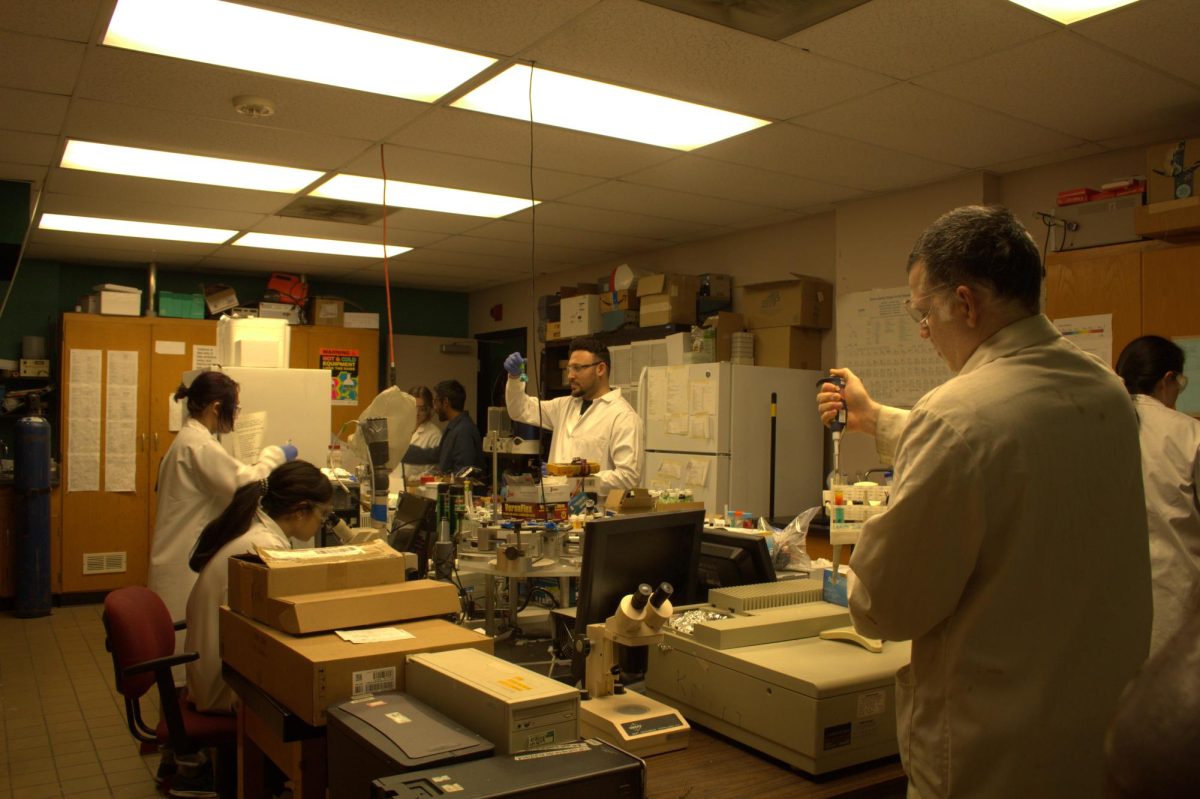Muslims express grief, frustration over Paris attacks
November 15, 2015
Like so many others, Reem Hassaballa’s heart was broken Friday when she heard about the terrorist attacks in Paris.
She posted a photo on Facebook taken in front of the Eiffel Tower two months earlier and added a French flag filter on Saturday as a gesture of solidarity. But later that day, she also posted her account of a tense confrontation with a customer at a store who presumed she wasn’t American because she was wearing a headscarf.
“This is not how we do it in America,” the woman shouted at Hassaballa, when her sister joined her in line at the cash register.
Advertisement
“It really infuriated me,” said Hassaballa, 39, of Hinsdale. “I’m just tired of having to condemn things that we have nothing to do with. Why do I have to apologize for these people’s heinous acts? It has nothing to do with me, my family, my kids. … I’m constantly trying to prove to people we’re good people.”
The same routine plays out every time terrorists carry out violence in the name of Islam. Within an hour of the first explosion in Paris on Friday, American Muslim organizations posted statements condemning the attacks and denouncing religious extremism and its perpetrators. Individual Muslims took to social media around the world to decry the attacks with the hashtag #iammuslim.
“I wrote it in my Facebook status to raise awareness of what happens when something horrific happens in the name of our religion,” Hassaballa said.
Meanwhile, others posted condemnations of Islam. Even before authorities released a final death toll, former Republican Rep. Joe Walsh, now a conservative talk radio host, jumped on Twitter to lambaste lax immigration policies and Islam.
“At least 35 dead in Paris,” he tweeted to his more than 30,000 followers. “100 or so hostages. You did this to yourself Europe. This is what Islam does. Wake up world.”
“Come out ‘moderate’ Muslims,” he tweeted later, targeting the Twitter #iammuslim campaign. “Come out, come out wherever you are! #iamnotamuslim & against Muslim violence.”
Ahmed Rehab, executive director of Chicago’s Council on American Islamic Relations, said the backlash shifts the conversation away from the issue of what it takes to neutralize the threat of religious extremism. In effect, it lets the terrorists win, he said.
Advertisement*
“When something like this occurs, it’s another way the extremists are able to influence us,” Rehab said. “They force that kind of aftershock. They’re not out to kill 10 people, 20 people, 100 people. They’re out to change how our societies function totally for their benefit.”
Tahera Ahmad, director of interfaith engagement and associate chaplain at Northwestern University, said many young Muslims struggle with how to respond constructively, especially against the backdrop of other social justice movements that deserve attention, including the Black Lives Matter movement.
“A lot of young Muslims, what I hear them say is, they’re confused about what they need to say,” she said. “Some of the students I’ve spoken to don’t want to say anything. If I say anything, I’m going to look like an apologist … when ISIS does not represent what they stand for or what they believe in.”
Ahmad had just landed in Washington, D.C., for a speaking engagement when the attacks in Paris began. She said there were many late-night discussions with students trying to process the violence.
She flew back early Sunday to attend a gathering originally for students to express solidarity with activists protesting racism at the University of Missouri and Yale University. It turned into a vigil for the Paris victims. She hoped it would encourage students to put their collective energies into resolving the root causes rather than play into the us versus them dynamic.
“Terror is impacting all of us at different levels from different sources,” she said. “In the Middle East, parts of Europe, it’s ISIS. Here it’s a different kind of systemic injustice.”
On her own Facebook page this weekend, Ahmad synthesized the spectrum of voices she’s hearing across campus communities.
“Praying for Beirut, praying for Paris, praying for Syria, praying for Jews, praying for Christians, praying for Muslims and all the traditions, praying for Mizzou, praying for Yale, praying for Black, Brown, White, and all the shades because the soul of a human being is not comprised of any color,” she wrote. “But prayer alone is not enough. These traumatic attacks are rooted in systemic global tragedies of indifference to terror when it does not affect our own.”
(c)2015 the Chicago Tribune Visit the Chicago Tribune at www.chicagotribune.com Distributed by Tribune Content Agency, LLC.
Advertisement








